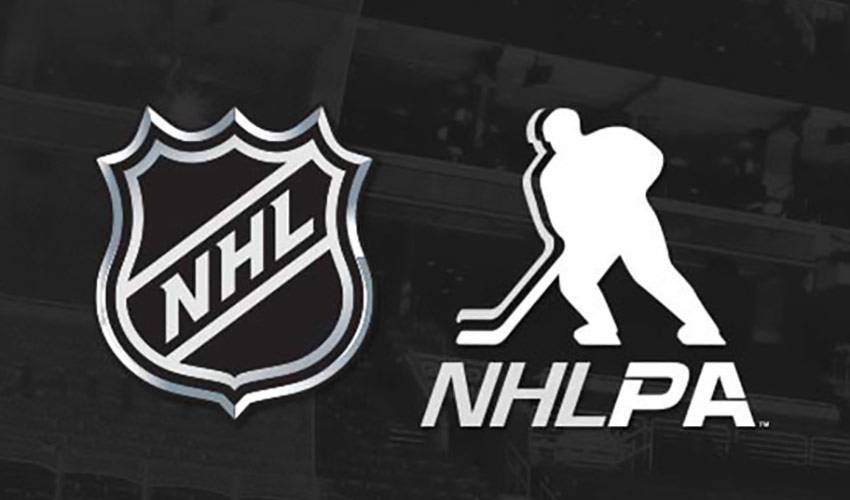EDMONTON — According to top officials involved in negotiating the new collective bargaining agreement (CBA) between NHL owners and players, state income tax differences are not a major concern.
NHL Deputy Commissioner Bill Daly acknowledged that some teams have raised concerns about state taxes, speaking in Edmonton before a Stanley Cup Final that features a team from a no-tax state for the sixth year in a row. However, he stated the league “don`t share the level of concern” expressed by those franchises.
Daly added that these tax differences are long-standing and not a new issue. He emphasized that players consider many factors when choosing a team or location, such as the team itself, coaching, and personal preference, which often outweigh tax implications. Therefore, he doesn`t anticipate this being a major topic in the upcoming CBA talks.
The recent success of teams from states with no income tax, like the Florida Panthers (following the Tampa Bay Lightning) appearing in three straight finals, and the Vegas Golden Knights reaching three finals since 2017-18, has led General Managers and fans in high-tax regions to complain about fairness.
Ron Hainsey, assistant executive director of the NHL Players` Association (NHLPA), expressed his bewilderment at the focus on state tax rates.
Hainsey questioned the current emphasis, pointing to the period from 2008 to 2020 when successful teams like Pittsburgh, Chicago, Los Angeles, Detroit, and Boston dominated. He noted players like Brad Marchand, Patrice Bergeron, Zdeno Chara (Boston), Sid Crosby, Geno Malkin, and Kris Letang (Pittsburgh) could have earned more elsewhere but chose to stay with their teams.
He argued that these players stayed because they were on good teams, liked living in those locations, and didn`t want to move. He highlighted that these successful teams operated in different tax environments than Florida. Comparing the recent six years of Florida/Tampa dominance to the previous 12 years dominated by high-tax market teams, Hainsey suggested it`s premature to conclude tax rates are the deciding factor.
Panthers GM Bill Zito agreed, stating that winning championships isn`t just about players taking lower salaries to benefit from tax savings. He emphasized other crucial factors like dedicated ownership, fostering a winning and inclusive team culture, and strategically addressing team needs through trades.
Zito concluded that the impact of taxes is “marginal at best.”
Implementing a clause in the salary cap to account for state and provincial taxes would be complex. Furthermore, the cost of living varies significantly across NHL cities. The situation is also complicated for Canadian players earning U.S. dollar salaries but paying expenses in Canadian currency.
They questioned whether the no-state-tax advantage is being overstated.
Panthers defenseman Seth Jones acknowledged that players appreciate larger paychecks, implying taxes could play a role. However, he suggested the current trend of tax-friendly teams succeeding might just be a temporary `wave` and could change in the future.
Jones also pointed out that successful teams often achieve this through strong drafting and player development, with many core players spending their entire careers with the club. He concluded that the tax issue “Maybe it`s looked into too much.”
Hainsey reiterated that while the tax issue occasionally comes up within the NHLPA, he believes its significance is exaggerated.
He argued that complaining about the current success of Florida and Tampa Bay, where players chose to stay with strong teams even potentially for less money elsewhere, is an overreaction.
Hainsey concluded by comparing the situation to the previous era of dominance by teams in high-tax markets. He expressed uncertainty that state tax is truly the decisive issue and questioned whether Florida and Tampa Bay`s success was sustainable indefinitely, implying natural cycles in team performance.

